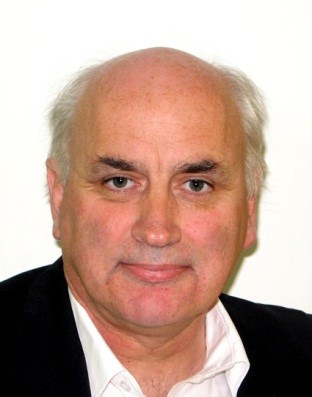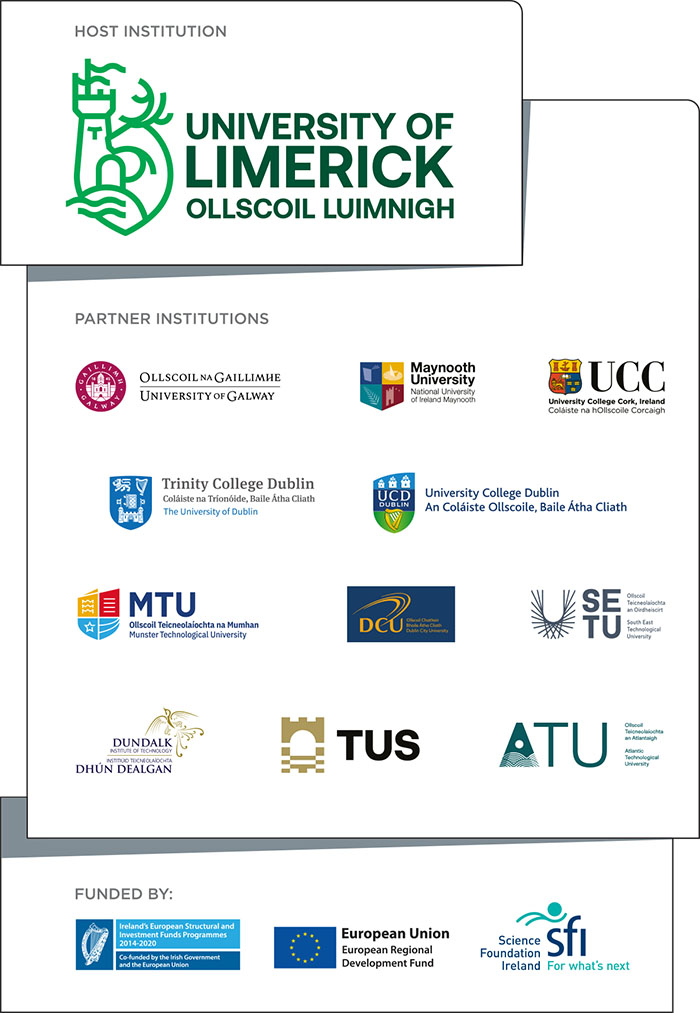You are here
As cities evolve they will increasingly use technology and the data generated by technology to improve the quality of life for citizens and to improve how they manage city resources. Gradually cities are implementing technology-enabled services such as environmental monitoring, river and gully monitoring, congestion monitoring and smart building energy systems that improve the experience of living in the city in a cost effect way.
By necessity the software and technology systems employed to create these benefits are often complex and costly, and the skills needed to manage these systems are spread between the city and service providers. A significant issue with such systems is how they can be economically sustained over a long period of time. The problems cities and their service providers face are: a) how the value of large novel complex systems can be measured appropriately, not in the traditional return on investment manner but in a more progressive way that takes into account the social benefits and the risk shared by public and private funders; b) how to overcome highly regulated procurement practices which are not suited to the novelty and risk associated with the co-development needed for technology enabled services; c) how to manage services where the control of assets is dispersed between the cities, private infrastructure owners such as Telco’s and city service providers; and d) capture value from the use of such assets by encouraging entrepreneurial activity directly from service generated data or other start-up activity.
Impact
An appropriate perspective to analyse these problems is the business model concept. At its core the business model concept focuses on how value is generated and captured by cities and service providers. While the outcome may be measured in economic and social terms, it is the configuration of resources and the governance of these resources that enable the business model to be sustainable in the long term.
Lero is supporting many Irish cities to develop appropriate digital strategies so that they can understand how smart programmes align with their economic strategies, and that competencies cities develop through smart program implementation aligns with longer term smart city maturity goals. As part of this work Lero support the activities of the All Ireland Smart City Forum, for cities in both the Republic of Ireland and Northern Ireland a cross border forum to advance the deployment of, and value creation from, technology enabled urban services.
Lero is supporting industry partners develop sustainable business models by analysing use cases in order to develop understanding and inform future smart programme proposals. For Dell, Lero is supporting the creation of LivingLABS in Dublin and Limerick. For Intel, Lero is developing measures of smart city maturity – to be used by cities as part of their strategy development and by Intel to understand city needs. For Analog Devices, Lero is supporting an experimentation of a transformation from a product focus to an IoT service focus.
Case Studies
Dublin Digital Docklands. Dublin City Council are in the early stages of developing a digital area in their docklands, home to many of the world’s top ICT companies. Before they define the boundaries of what a digital area is in their context they wanted to know: a) value generated, defined by the needs of the docklands stakeholders - public, private and community; b) resource requirements – to be provided by the city or available through the stakeholders; and c) how can these resources be implemented and governed. Lero, through sponsorship by Dell, has completed a study of the stakeholders to find out their vision, expectations and contribution which is currently informing Dublin in their development of a sustainable strategy for the district. The understanding gained from this study is helping characterise the co-creation of digital districts.
Limerick Digital Strategy. Limerick City and County Council are currently developing a digital strategy to exploit ICT in support of the city’s economic strategy. Lero, through sponsorship of Intel, developed a measure of smart city maturity and supported Limerick’s strategic development by: measuring the city’s current digital readiness; helping the city set goals for 2018 and 2019; and critiquing smart programme plans with respect to these goals.
OrganiCity. OrganiCity is a test urban platform deployed in London, Aarhus in Denmark and Santander in Spain. It allows start-ups, SME, NGOs and community groups experiment with data markets based on data they collect themselves and by providing access to public data such as demographics, mobility and environment. Examples of the platforms use are experimenting with different public displays in the three cities or reducing river pollution with technology and education. Lero, through sponsorship of Intel, are currently studying OrganiCity to understand the attributes and optimal configurations or urban platforms. The intent is to provide guidance on how platforms may be implemented and governed. Part of this study is the analysis of business models by design and models that emerge through use of the platform.
Top Publications
Connolly, N; Gross, N. & McNamara: Tracing the business model: a bibliometric study on intellectual roots. Conference Paper, Proceeding of the Academy of Management Annual Conference, Vancouver, 7-11 August 2015
Connolly, N. Smart Cities: A Value Generation Research Agenda. Workshop Presentation, International Conference on Information Systems, Dublin 11-14 December 2016
Costello, G., Donnellan B. (2016) IT-Enabled R&D for Business Value in a Global Framework, Journal of the Knowledge Economy, Vol. 7, No. 3, 2016.
Gross, N., Ryazanova, Connolly, N., and McNamara, P. (2016), Why can I not scale? – How cognitive frames influence/impair business model innovation, Industrial Paper, R&D Management Conference, Cambridge, United Kingdom, 3-6 July 2016
Gross, N., Ryazanova, Connolly, N., and McNamara, P. (2016), Imprinted Business Models: How Mental Models help/hinder Business Model Innovation, Conference Paper, Academy of Management Conference, California, United States, 5-9 August 2016
Heaphy, L. Pétercsák, R. (2016) Multi-Stakeholder Engagement – Building out Partnerships in the Silicon Docks. (in press) Presented at: Creating Smart Cities Workshop, Maynooth University, 5-6. September 2016.
Pétercsák, R. (2016), Establishing the Role of Space to Socio-Technical Approaches to Citizen Innovation. Presented at the European Conference on Information Systems, Istanbul, June 2016
Pétercsák, R., Maccani, G., Donnellan, B., Helfert, M., Connolly, N. (2016) Enabling Factors for Smart Cities: A Case Study. Proceeding of International Conference of Information Systems, Dublin, Ireland
Ryazanova, O., Pétercsák, R., Heaphy, L., Connolly, N., Donnellan, B., (2016) Perception of Value in Public-Private Ecosystems: Transforming Dublin Docklands through Smart Technologies Presented at: IoT and Smart City Challenges and Applications PRE-ICIS workshop 2016, Dublin, Ireland
Parsons, J., Tuunanen, T., Venable, J., Donnellan, B., Helfert, M., Kenneally, J. (Eds.), Tackling Society's Grand Challenges with Design Science11th International Conference, DESRIST 2016, St. John’s, NL, Canada, May 23-25, 2016, Proceedings
Meet the Expert - Prof. Brian Donnellan





